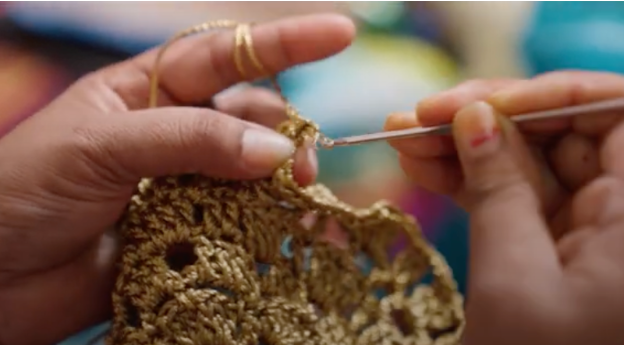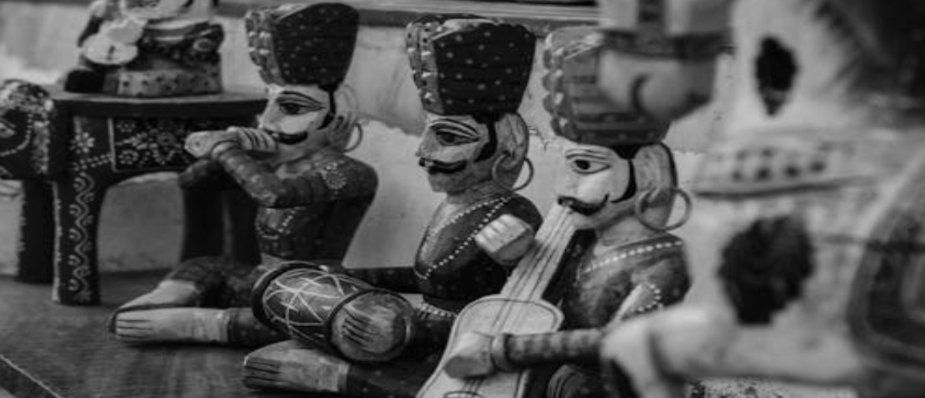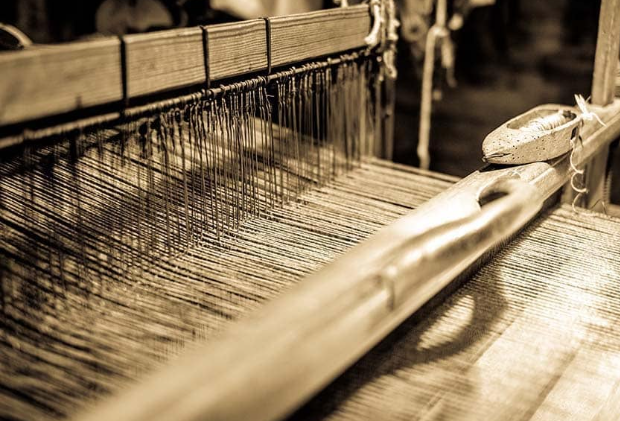The Rare Handcraft Tharu Community Of India: Youth Development Project For A Sustainable Society Through Local Resources
Jun 20, 2024 | Navoditha Seth
 Tharu people are an indigenous ethnic group primarily residing in the Terai region of Nepal and northern India.
Tharu people are an indigenous ethnic group primarily residing in the Terai region of Nepal and northern India. Known for their rich cultural heritage, vibrant traditions, and deep connection to the land, the Tharu have a unique way of life that has evolved over centuries.
Objective of this Study
To explore the Tharu's social structure, customs, culture, lifestyle and contemporary challenges.
To develop a sustainable system with the existing knowledge, practices and resources for the sustainable growth of the community.
Geographic location
Terai regions of northern India.
States:
Champara of Bihar
Udham Singh Nagar of Uttarakhand
Kheeri, Pilibhit, Gonda, Balrampur, Gorakhpur, Lalhimpur Lhiri of UP
Physical Environment
Damp Climate
Excessive humid & heat during rainy season
Water logging
Fertile soil (Good for paddy cultivation)
Diverse Forest
Social System
Patrilineal Society
Polygamy is a known practice in society.
Systematic society following a hierarchical system.
The system is called Panchayat & the leader is pardhan.
The panchayat system governs the community as well as they are the justice providers for the people.
Women have high position & respect in the society along with economic rights.
Practices Hindu religion as well as worship local gods & goddesses.
Friendship is a very Integral part of the society, everyone has one best friend who are close like real brothers & sisters.
Love marriage, remarriage and widow marriage is acceptable
Agriculture
(Tharu's are agricultural community)
Crops:
1. Rice (Oryza sativa)
2. Wheat (Triticum aestivum)
3. Maize (Zea mays)
Pulses and Legumes:
Lentils (Lens culinaris)
Chickpeas (Cicer arietinum)
Oilseeds:
Mustard (Brassica spp.)
Vegetables and Other Crops:
Millet (Eleusine coracana)
Various Vegetables including gourds, pumpkins, spinach, and other leafy greens, which are integral to their daily diet.
Sugarcane (Saccharum officinarum)
Barley (Hordeum vulgare)
Craft & Art Practices
All the cultural & economic practices are deeply rooted with nature.
Following are the cultural practices of Tharus:
Folk art
Tharu wall paintings
Tharu hand crafts
Tharu dance & songs
Tharu tattoos
Tharu magic
Houses
Traditional mud houses with mud, wood and grass are warm in winter and cool in summer.
Social Scenario
Social Discrimination and Marginalisation: As a marginalised community lacks representation in the politics & faces discrimination.
Limited Access to Quality Education: Tharu's depend on local government school or private schools, though the youth only focus on studying for landing any job and do not care much about quality education for intellectual growth.
Employment: 90.42% youth focus on government or private jobs but lack the educational resources for higher level jobs. Only 4.31% are studying for higher level jobs. 9.48% want their businesses.
School teachers job is very lucrative for the tribe youth
54.31% people wants jobs in local areas
Traditional craft & art don't get enough exposure to provide a livelihood
Social Scenario
Health: People prefer traditional medicine & jadphook over modern medicines.
Cultural Mix: Cultural mix is visible as the youths are going out for jobs. The youth are becoming more & more disconnected with their culture, tradition & knowledge as well as losing connection with nature and sustainable lifestyle.
Technology:
People have access to modern tech but it is mostly used for entertainment purposes.
Electric facility has been developed but the community faces extreme power cuts.
Transportation: Bus is the main mode of transportation 55.60% people use bus, 33.60% use taxi & 10% use bullock cart.
Tourism: Tribal truism has started for economic development.
Tharu Ecosystem & Environmental Impact
Tharu People
Environmental Factors & Impact on Tharu People:
What can be Done
Diversified income opportunity with the local resources & knowledge
Developing businesses with the Tharu Craft & art
Developing acceptance of traditional knowledge
Preserving the sustainable lifestyle & economy of the Tharus
Idea
Developing Youth Centers for skill and economic development.
Recommended








